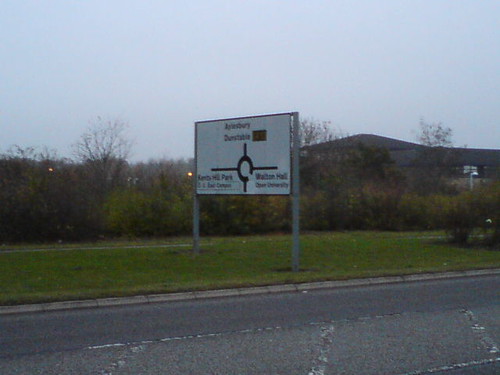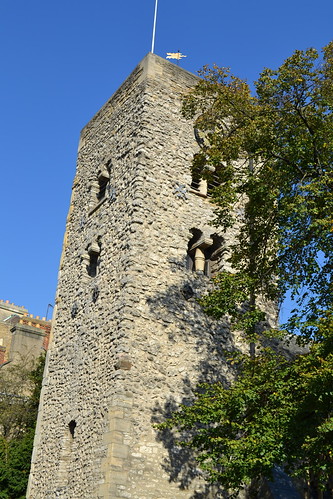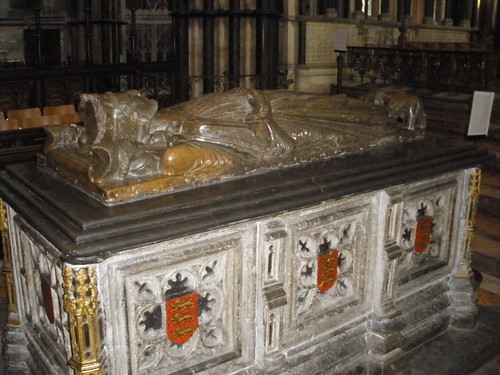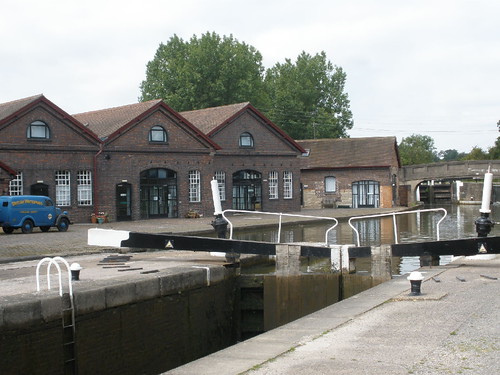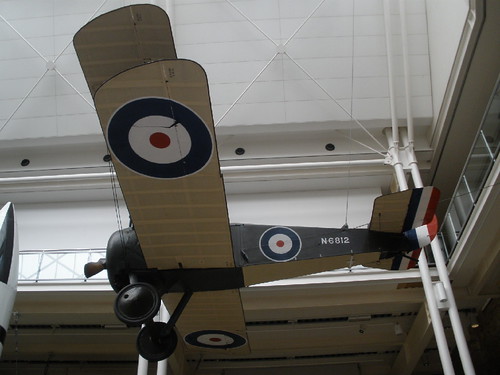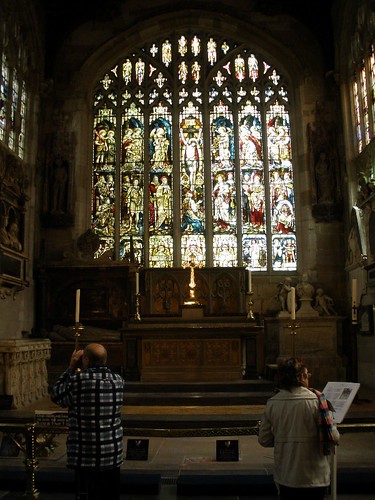As you may know i am an Open University student having completed a BA in History with them last year and am preparing to start a Masters in October.
Today the Open University have announced their new fees from 2012 as part of the big shake-up of university funding and like everywhere prices are going up. "Full time" undergraduate degree fees will now be £5000 a year. That is for 120 points which is the most you can study in a year with the OU. Most people tend to do no more than 60 points a year, from 2012 they will be paying £2500 a year for a 60 point module. For comparison over the 6 years of my degree i paid somewhere between £600 to £700 a year.
Obviously this is a big increase and i fear for the OU's future a bit. A lot of people choose OU degrees for interest not career reasons and they will likely be put off by these fees, i might well have been if i was looking to start in 2012 though a History degree was always my dream.
Although student loans will be available that does not apply to everyone. Value for money will also become a much bigger issue. Although i think the OU is great (obviously) £2500 a year for a few books, a dozen tutorials and an exam seems a lot steeper than a few hundred pounds. "Normal" universities might be still a lot more expensive but you do get the day-to-day university experience as part of that. Working at a university myself i know where the money has to go to pay all the other costs involved in running a university but these are not so apparent or even relevant to your average student.
The Open University is still a great option though but i think they may need to up their game a bit. At where i work i have noticed students becoming much more concerned with value for money and have a much higher expectation from their career mortgage investment (which is what your student fees and loans are) so the same will be true at the OU.
